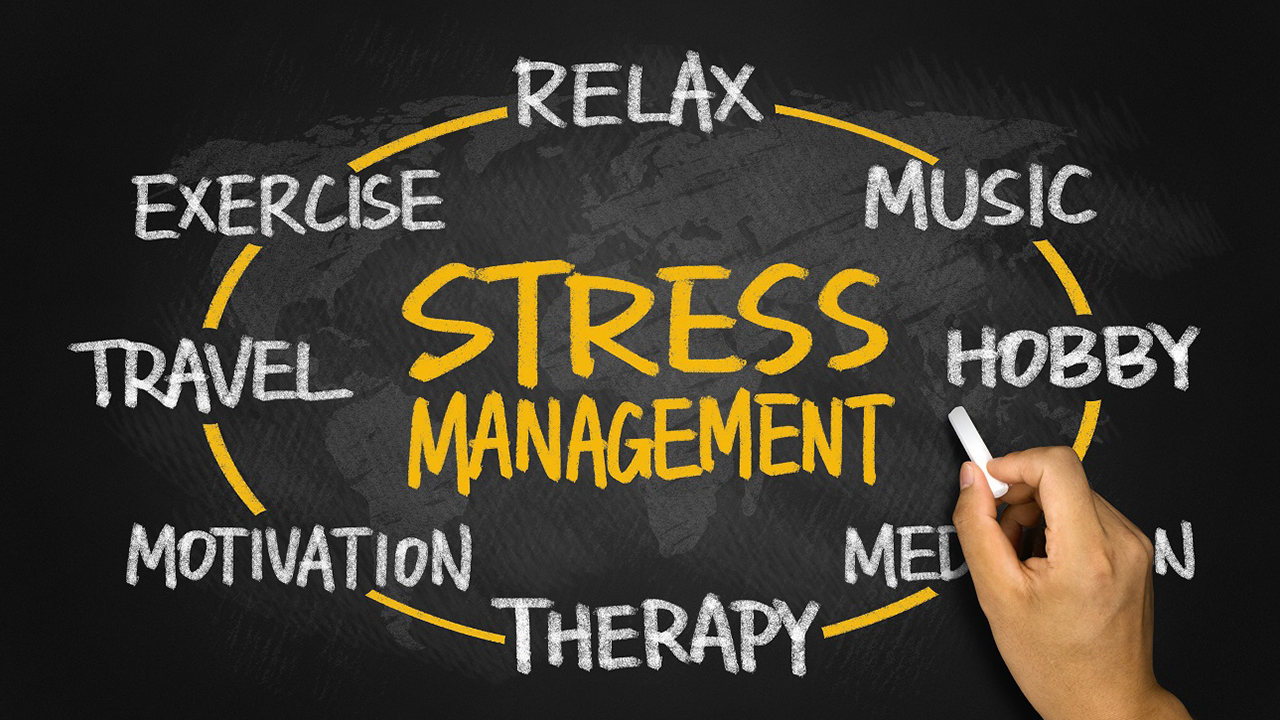
Micro-Habits for Calm: Tiny Daily Practices to Manage Anxiety
In a world that often feels like it’s spinning too fast, anxiety has become a common companion for many. According to the World Health Organization, over 300 million people globally grapple with anxiety disorders, making it one of the most prevalent mental health challenges. The good news? Small, intentional changes—micro-habits—can make a significant difference in managing anxiety. These tiny, sustainable practices fit seamlessly into daily life, offering practical anxiety management tips without overwhelming your schedule. Let’s explore how micro-habits can foster calm, grounded in science and enriched with actionable manage anxiety tips.
The Power of Small Actions
Micro-habits are bite-sized behaviors that require minimal effort but yield cumulative benefits. Research from Stanford University’s Behavior Design Lab suggests that small, consistent actions can rewire neural pathways, reducing stress responses over time. Unlike drastic lifestyle overhauls, micro-habits are easy to adopt and maintain, making them ideal for those seeking effective anxiety management tips. By focusing on incremental changes, you can build resilience against anxiety without feeling daunted. Let’s dive into some powerful micro-habits that can transform your daily experience.
One-Minute Breathing Breaks
Breathing is a natural antidote to anxiety, yet most of us rarely use it intentionally. Studies published in the Journal of Clinical Psychology show that diaphragmatic breathing can lower cortisol levels by up to 18% in just 60 seconds. To practice, pause once a day—perhaps during a coffee break or while waiting for your computer to boot—and take six slow, deep breaths. Inhale for four seconds, hold for four, and exhale for six. This simple act activates the parasympathetic nervous system, signaling calm to your brain. Over time, this micro-habit becomes a reflex, offering one of the most effective manage anxiety tips for instant relief.
Gratitude in a Sentence
Gratitude shifts focus from worry to positivity, and it doesn’t need to be elaborate. A 2017 study in Scientific Reports found that writing down one grateful thought daily can reduce anxiety symptoms by 12% over eight weeks. Keep a small notebook or note app handy. Each morning or evening, jot down one thing you’re thankful for—a warm meal, a kind word, or even a sunny day. This practice rewires your brain to notice life’s small joys, creating a buffer against anxious thoughts. It’s a subtle yet powerful addition to your anxiety management tips toolkit.
The Five-Senses Grounding Trick
Anxiety often pulls us into a spiral of “what-ifs,” disconnecting us from the present. The 5-4-3-2-1 grounding technique, endorsed by psychologists and backed by research in Frontiers in Psychology, anchors you in the moment. Once a day, pause and notice: five things you see, four you can touch, three you hear, two you smell, and one you taste. This takes less than a minute and can be done anywhere—while commuting, at your desk, or in bed. By engaging your senses, you interrupt anxiety’s grip, making this a go-to micro-habit for manage anxiety tips.
Micro-Movement for Mood
Physical activity is a proven anxiety-buster, but you don’t need a gym membership to reap the benefits. A 2020 meta-analysis in The Lancet Psychiatry found that just 10 minutes of daily movement can reduce anxiety symptoms by 15%. Incorporate micro-movements like stretching for one minute every hour, doing 10 jumping jacks during a break, or walking around your home while on a call. These bursts of activity release endorphins, which counteract stress hormones. They’re simple, quick, and fit perfectly into a busy day, embodying practical anxiety management tips.

Sip with Intention
Hydration and mindfulness can go hand in hand. Research from the Journal of Psychosomatic Research indicates that dehydration can increase anxiety by 20%, as it impairs cognitive function. Turn drinking water into a micro-habit by taking a moment to sip slowly and mindfully. Each time you drink, focus on the coolness of the water, the sensation of swallowing, and how it feels in your body. Aim for one mindful sip per hour. This practice not only keeps you hydrated but also creates mini-moments of calm, doubling as one of the easiest manage anxiety tips.
Declutter One Corner
A cluttered environment can amplify anxiety, with studies from Personality and Social Psychology Bulletin showing that visual chaos increases stress by 14%. Dedicate one minute daily to tidying a small space—a desk drawer, a kitchen counter, or even your email inbox. This micro-habit fosters a sense of control and order, which can counteract feelings of overwhelm. Over weeks, these tiny efforts create a calmer environment, reinforcing the effectiveness of anxiety management tips rooted in simplicity.
The Power of a Single Word
Mantras can be surprisingly potent. A 2018 study in Brain and Behavior found that repeating a calming word or phrase reduces activity in the amygdala, the brain’s fear center, by 10%. Choose a word like “peace,” “calm,” or “steady.” Once a day, perhaps during a stressful moment, close your eyes and repeat your word silently for 30 seconds. This micro-habit acts like a mental reset, offering a quick and discreet way to manage anxiety tips in any setting, from a crowded bus to a tense meeting.
Limit Screen Time by One Minute
Screens can fuel anxiety, with research from Computers in Human Behavior linking excessive device use to a 25% increase in stress levels. Start small: reduce your screen time by just one minute daily, perhaps by stepping away from your phone before bed or during a meal. Use that minute to look out a window, stretch, or simply breathe. This tiny shift builds awareness of screen habits and creates space for calm. Over time, it’s a gateway to more mindful tech use, aligning with effective anxiety management tips.
Connect with a Smile
Human connection is a natural anxiety-soother. A 2019 study in Nature Communications found that brief social interactions, even with strangers, can lower stress by 17%. Make it a micro-habit to smile at one person daily—a coworker, neighbor, or barista. This small gesture fosters a sense of belonging and releases oxytocin, the “feel-good” hormone. It’s a low-effort way to build emotional resilience, making it one of the most heartwarming manage anxiety tips you can adopt.
Journal One Worry
Writing down worries can reduce their intensity. A 2021 study in Behavior Research and Therapy showed that expressive writing lowers anxiety by 22% over six weeks. Each day, take 30 seconds to write one worry on a slip of paper or in a note app, then set it aside. This act externalizes your thoughts, making them feel less overwhelming. You can revisit or discard the note later, but the act of writing creates mental space. This micro-habit is a cornerstone of practical anxiety management tips.
Building a Calmer Future
The beauty of micro-habits lies in their simplicity and sustainability. By integrating these tiny practices—breathing, gratitude, grounding, movement, hydration, decluttering, mantras, screen breaks, smiles, and journaling—you create a tapestry of calm woven into your daily life. Data from the American Psychological Association shows that consistent small habits can reduce anxiety symptoms by up to 30% over three months. Start with one or two micro-habits, and gradually add more as they become second nature. These manage anxiety tips don’t demand perfection; they thrive on consistency.
Anxiety may be a global challenge, but it’s not insurmountable. With these micro-habits, you’re not just managing anxiety—you’re cultivating a life of greater peace, one small step at a time. Embrace these anxiety management tips, and watch how tiny actions lead to transformative calm.
Reference:
1. American Psychological Association. (2023). Stress in America: The state of our nation. https://www.apa.org/news/press/releases/stress/2023/report
2. Basso, J. C., & Suzuki, W. A. (2020). The effects of acute exercise on mood, cognition, neurophysiology, and neurochemical pathways: A review. The Lancet Psychiatry, 7(3), 283–294. https://doi.org/10.1016/S2215-0366(20)30009-7
Fogg, B. J. (2019). Tiny habits: The small changes that change everything. Houghton Mifflin Harcourt.



